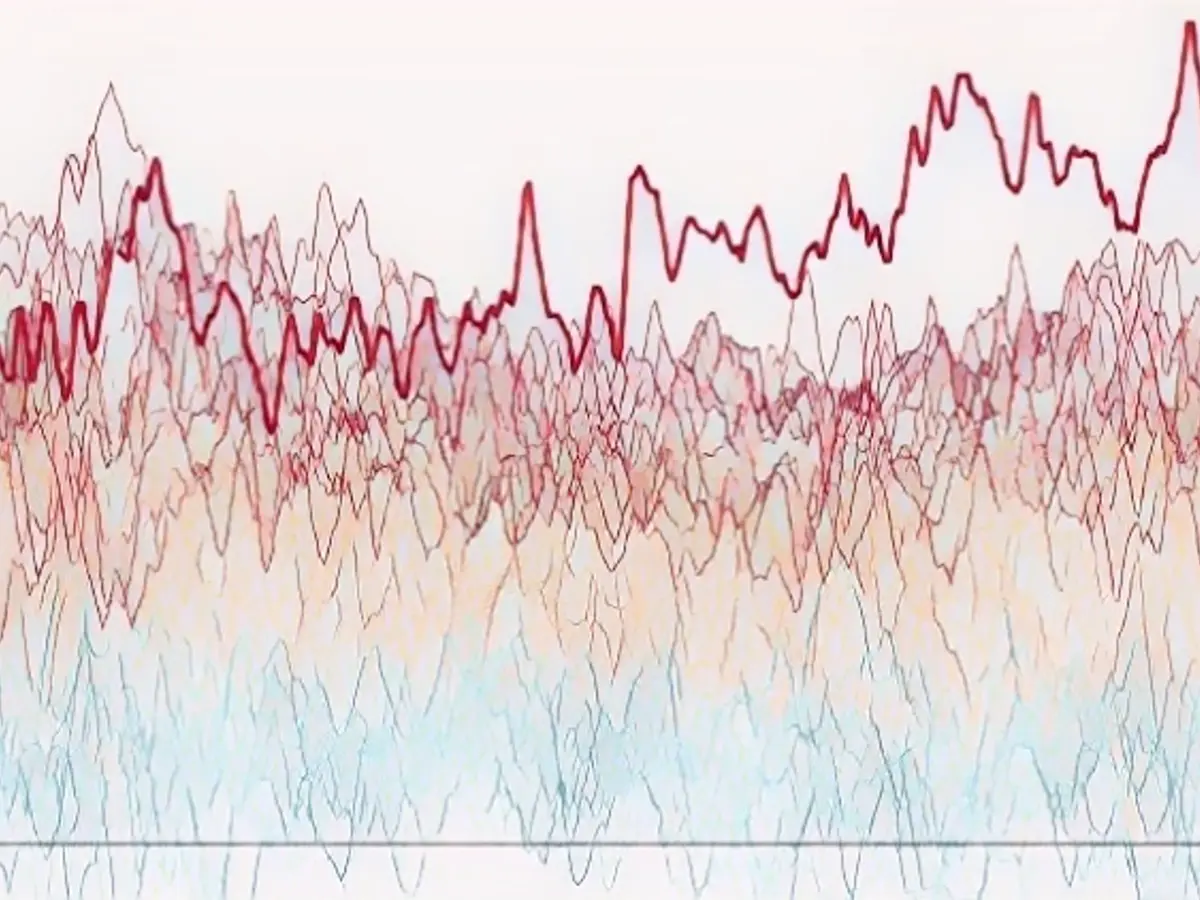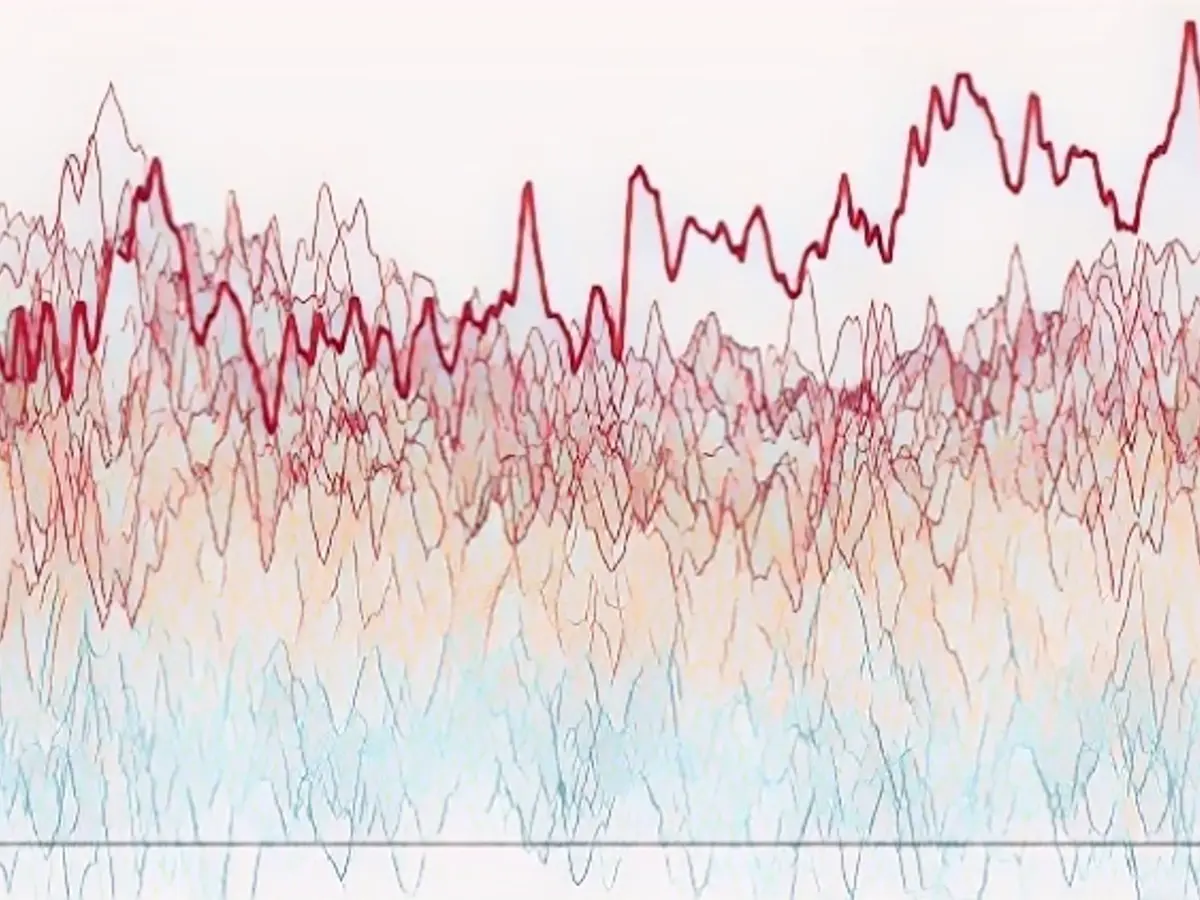Unprecedented Heat Wave in 2023
It's scorching out there! 2023 is mercilessly shaking off the heat records like a seasoned pro, breaking one after another since June. Each month is outdoing its predecessor, and with the year almost over, there's a strong possibility that 2023 takes the crown as the hottest year in the history books. Even a bone-chilling December can't shake off this fact.
Copernicus, the EU climate change service, predicts 2023 to shatter the global heat record set in 2016. Analyzing temperature data since the 1800s, Copernicus suggests that a frosty December would require exceptional chills to displace 2023's record-breaking performance. However, a series of such cold spells are highly improbable with El Niño still having its warming effects on global temperatures.
By November, global temperatures had exceeded the pre-industrial reference period of 1850-1900 by 1.46 degrees Celsius. This narrowly gives 2023 an edge over 2016, the previous record holder, by 0.13 degrees.
Factors Behind the Record-Breaking Heat
Several factors have contributed to this extraordinary temperature rise:
- Greenhouse Gas Emissions: Human activities such as burning fossil fuels have led to a surplus of greenhouse gases in our atmosphere. These gases trap extra heat, fueling global warming.
- El Niño Phenomenon: El Niño in 2023 discharged an extraordinary amount of heat into the planet, aggravating the record-breaking temperatures.
- Natural Oceanic Cycles: Although natural oceanic changes typically affect global temperatures, the current La Niña event has not dampened the impacts of global warming as much as expected.
- Reduced Cloud Cover: A decrease in low-level cloud cover, notably over the Amazon, Congo, and West Africa, has played a role in recent climate warming. This reduction is linked to deforestation and degradation.
- Solar Cycle: A stronger-than-anticipated solar cycle has injected additional sun energy into the atmosphere, raising temperatures further.
As we watch our planet's climate change, the need for stronger climate policies grows ever more pressing. By educating the public about climate change and our role in global warming, we can advocate for necessary action and mitigation efforts. Though 2023 is poised to be the warmest year on record, it's never too late to make changes that protect our planet for future generations.
Remark:
2023's unparalleled heat underscores the urgency to confront climate change. By raising awareness and pushing for stronger climate policies, we can make vital progress toward preserving our planet for posterity. Why not commit to sustainable choices today?
Insights:
- The primary driver behind the record-setting temperatures of 2023 is the rampant emission of greenhouse gases, resulting from our reliance on fossil fuels.
- The El Niño phenomenon and stronger-than-expected solar cycle have also contributed to the record-breaking warm temperatures.
- Natural climate cycles like La Niña were expected to offer some cooling relief but have not had the anticipated impact.
- Ocean temperatures have remained unusually high throughout 2023, and deforestation and urbanization have further exacerbated the heating of Earth's atmosphere.
- Some scientists suspect that global warming is accelerating, with 2023 representing one of the warmest years on record and indications of unexpected climate behaviors.
These combined factors suggest 2023 is on track to be the warmest year in the 174-year record, with significant repercussions for climate change and its impact on global weather patterns.








